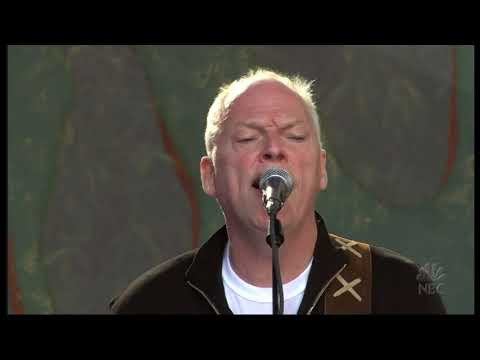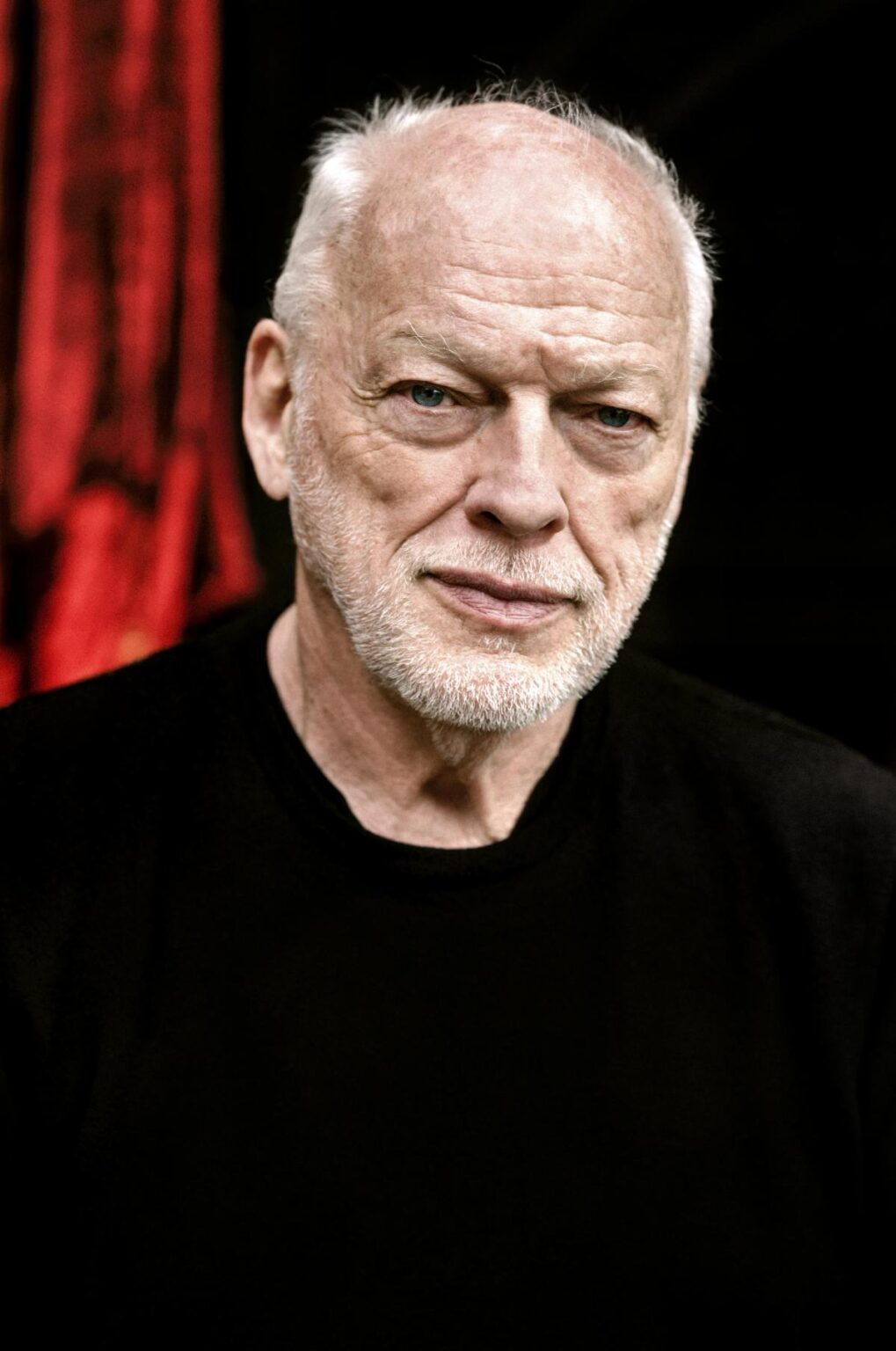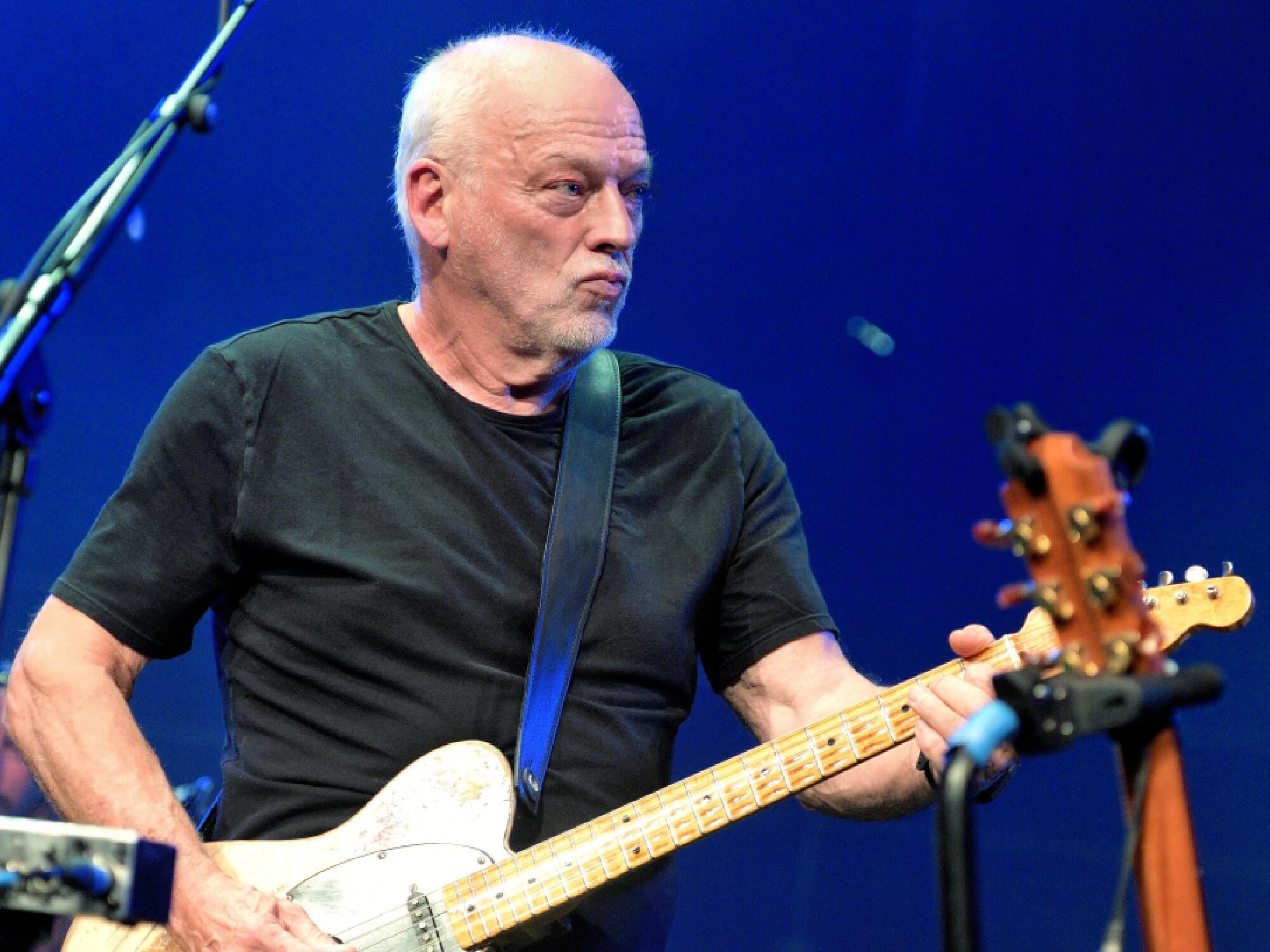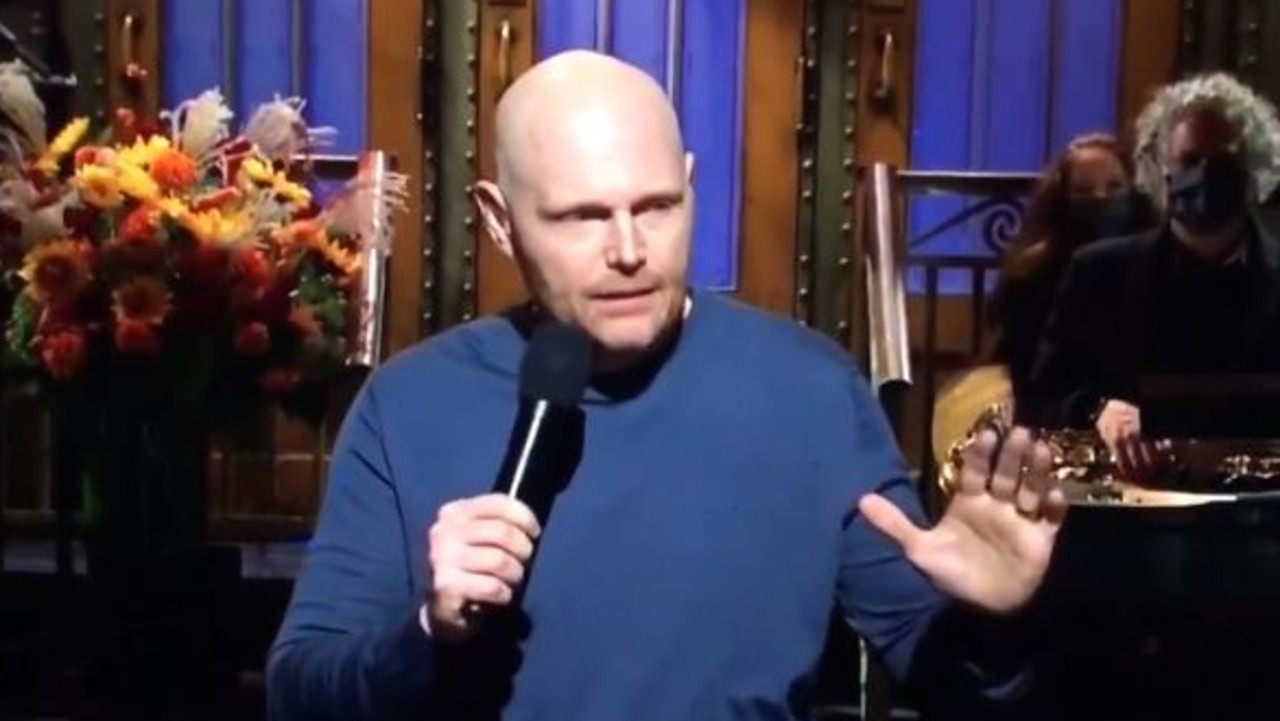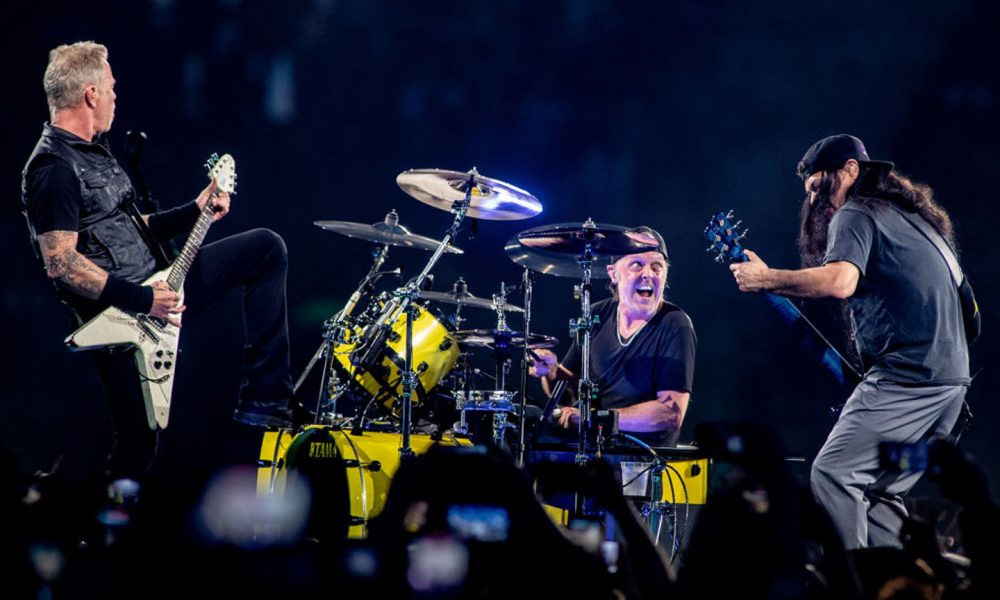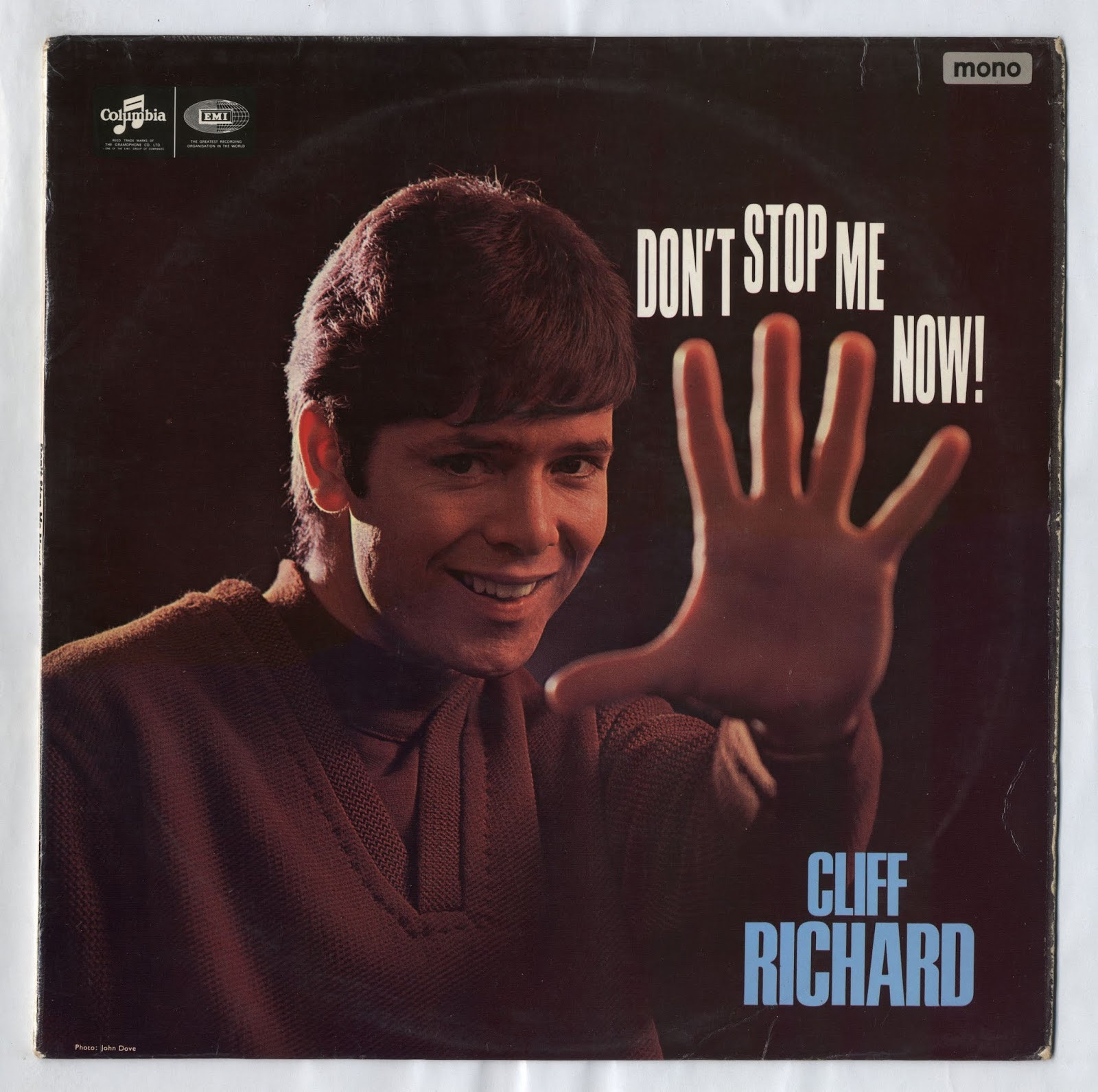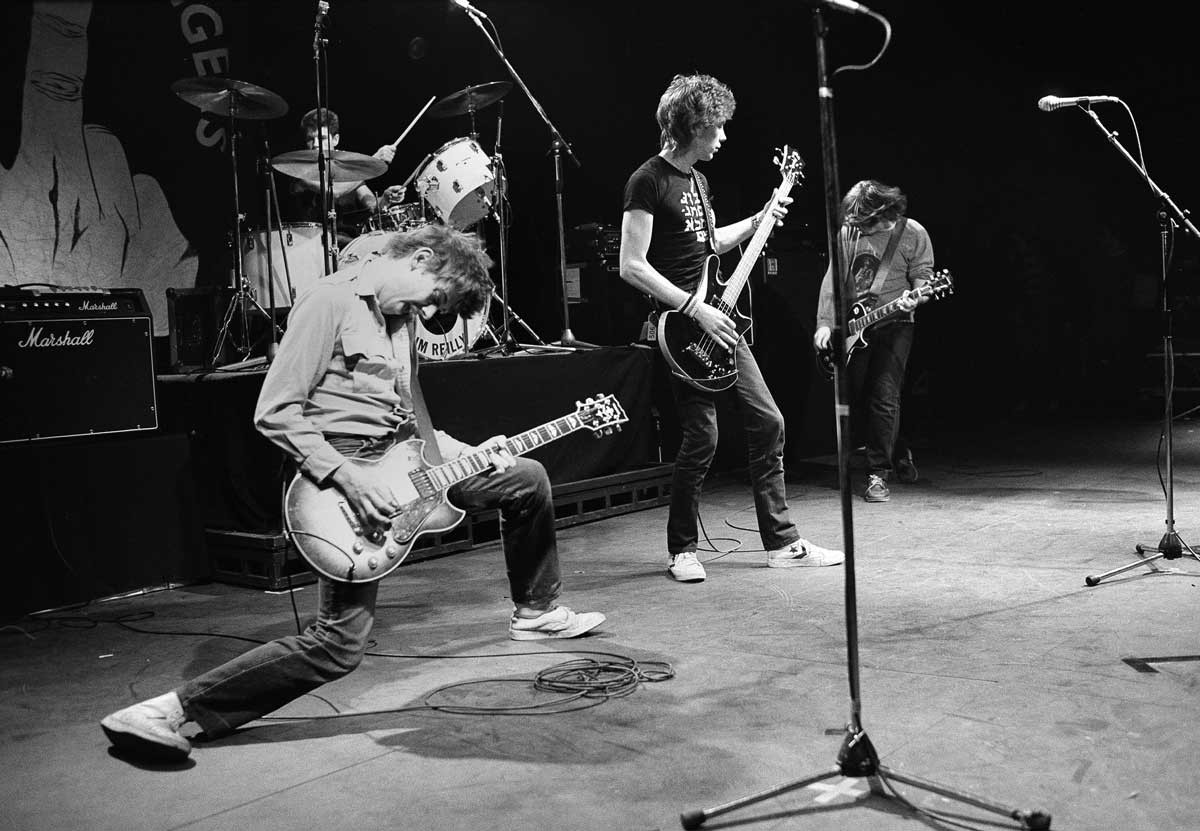Although David Gilmour is a revered musician, of a status that few reach in the contemporary era, that doesn’t stop him from lauding his heroes with as much enthusiasm as he did when younger. This is one of the most fascinating aspects of the Pink Floyd legend; when so many others of his stature are coy or outright dismissive of the topic of influences, he’s more than willing to open up.
It’s also interesting that so many artists from the lower rungs of the musical pyramid should choose to evade the question about influences when Gilmour, a man whose work is so consequential, distinctive, and substantial, doesn’t bat an eyelid in doing so. In examining the effect of formative bluesmen and 1960s guitar bands on his singular style, he singlehandedly does away with the idea that discussing artists key to his style coalescing will somehow give away the secrets of his power. It does quite the opposite; in fact, it just explains the context within which it emerged – talent is talent, unique to the beholder, and no one will ever be able to truly replicate it.
Influences and Artistic Growth
Whether it be The Beatles directly impacting his learning how to play guitar—George Harrison’s emotive bends and melodic proclivities fed into his expressive approach and general dedication to pushing boundaries—or Jimi Hendrix inspiring him with his broad range of stylistic references, Gilmour’s natural talent was bolstered by the influence of others who showed him how to express himself.
The Enduring Impact of Bob Dylan
One man who he is particularly deferential to is Bob Dylan. Although the Duluth troubadour has never delved into the expansive world of glistening prog like Gilmour, just like his British counterpart, he has always continued to push boundaries, experimenting with an array of genres and forms, perennially unrestrained by what fans want. Famously, after he took the bold, impactful decision to swap the acoustic guitar for the electric on 1965’s Bringing It All Back Home, he refused to give in to the fans’ anger at shows, and despite one crazed fanatic trying to stab him, pushed on. Dylan was right in his convictions, and the album proved to be a critical turning point for rock music.
Although Dylan going electric was certainly impactful on Gilmour, his years as a folk protest songwriter during the early stages of the 1960s affected him the most. Like his old creative partner Roger Waters, these songs sharply examine society, culture, and politics, altering their worldview and artistry. It’s safe to say without the likes of ‘Masters of War’ and ‘Blowin’ in the Wind’, there might not have been socially conscious classics such as ‘Money’, ‘Us and Them’, or ‘The Wall’.
Gilmour’s Appreciation for Dylan’s Musical Prowess
Speaking to The Guardian in 2006, Gilmour explained that he never thought Dylan “was a monster” for going electric and liked the change. However, the purity of his early work speaks to him on a different level, with him maintaining that people “underestimate” Dylan’s musical abilities due to his lyrical prowess.
“But I must say the power of the young Dylan as the acoustic-playing protest singer – which he’s always denied, but sorry Bob, you were a protest singer – just to get his guitar and play to a crowd of people and it’s like an arrow,” he said. “His words come out and the music … People underestimate his actual musical abilities. And the melodies and the words just shoot out like an arrow. I think he was unbelievable. And is.”
You can always trust David Gilmour for a full-bodied take on his heroes. The world often concentrates on Dylan’s exceptional poetic talent, but it’s clear that he would not have risen so meteorically as the ‘Voice of a Generation’ without his grasp of potent melody. Whether it be ‘Song to Woody’ from his debut or ‘Don’t Think Twice, It’s Alright’, from his second effort, The Freewheelin’ Bob Dylan, the melodies found in his early period are as affecting as anything he would go on to conceive. Significantly, it was his grasp of music that inspired The Beatles to take a great leap into the unknown with Rubber Soul.
A Rare Television Appearance: The Tonight Show
David Gilmour will make a rare US television appearance on The Tonight Show Starring Jimmy Fallon next Thursday, November 7th. Marking his first such performance in eight years, Gilmour will perform a song in support of his new album, Luck and Strange. His appearance also coincides with a limited run of shows he’ll playing at New York’s Madison Square Garden starting November 4th.
A Look Back: Gilmour’s Previous Television Performances
Gilmour’s last US television appearance came in 2016 when he supported his album Rattle That Lock with a performance on Jimmy Kimmel Live. He previously appeared on The Tonight Show in 2008 when he performed “On An Island” with David Crosby and Graham Nash.
Conclusion: A Legacy of Influence and Innovation
David Gilmour’s legacy is marked by his extraordinary talent, his willingness to embrace influence, and his unwavering commitment to pushing boundaries. As he prepares for his upcoming Tonight Show performance and his Madison Square Garden concerts, his influence continues to inspire and captivate audiences worldwide. His music serves as a testament to the power of innovation, the importance of acknowledging one’s influences, and the enduring impact of artistic brilliance.




